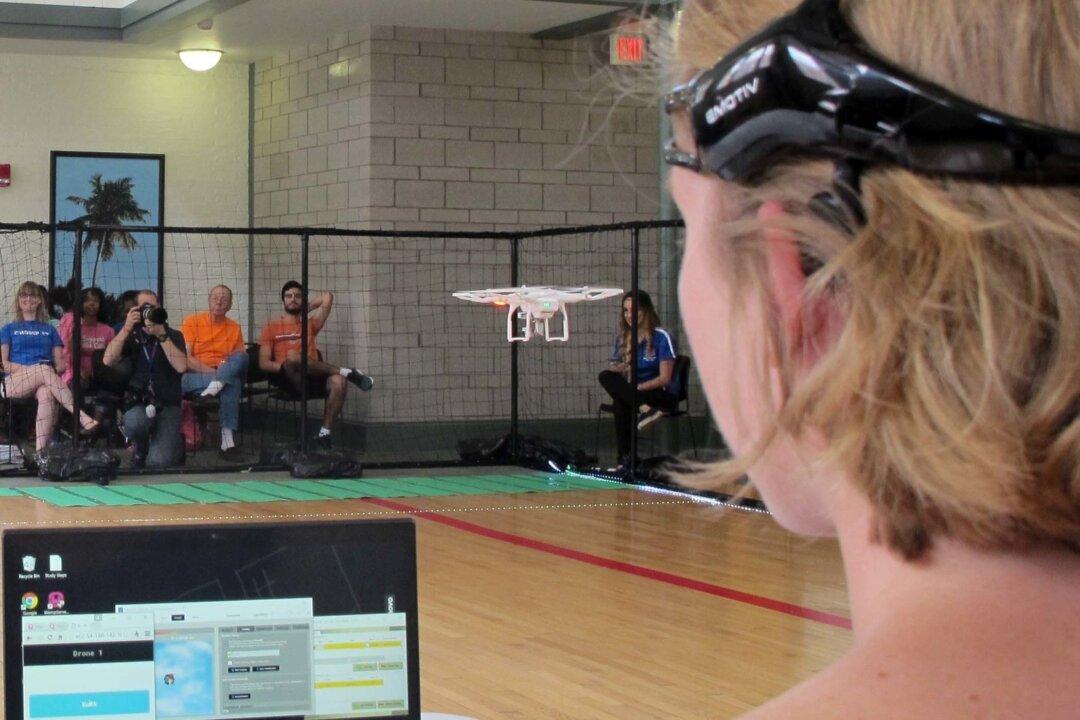News Analysis
The U.S. government recently accused China of developing “brain-control weaponry,” a type of technology that raises major ethical issues when adopted by a totalitarian, genocidal, and territorially aggressive regime.

The U.S. government recently accused China of developing “brain-control weaponry,” a type of technology that raises major ethical issues when adopted by a totalitarian, genocidal, and territorially aggressive regime.